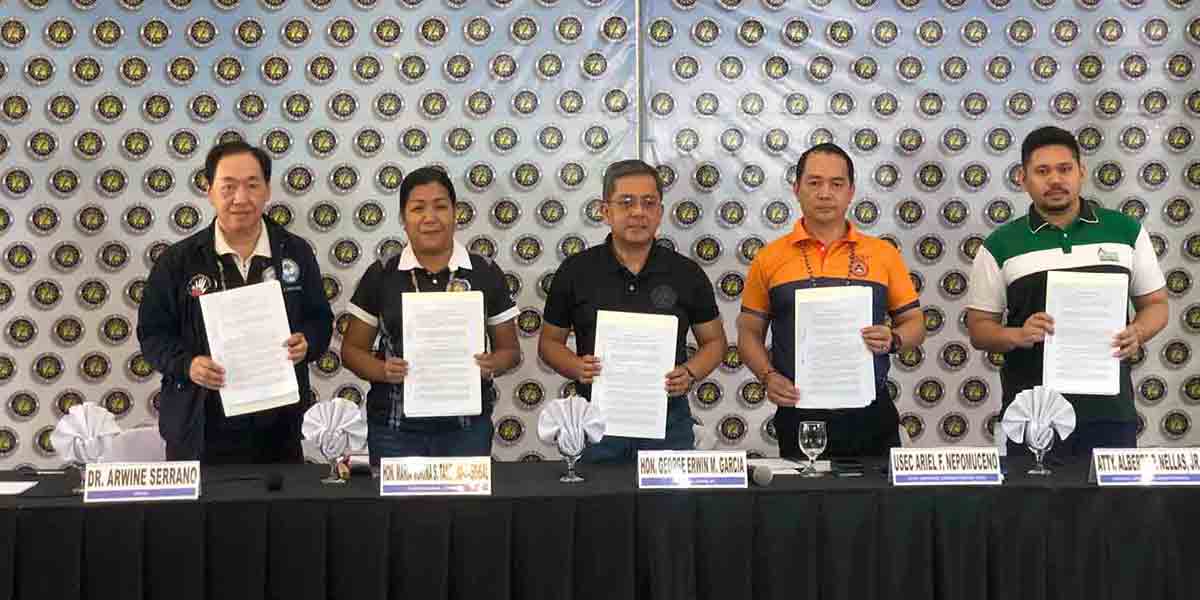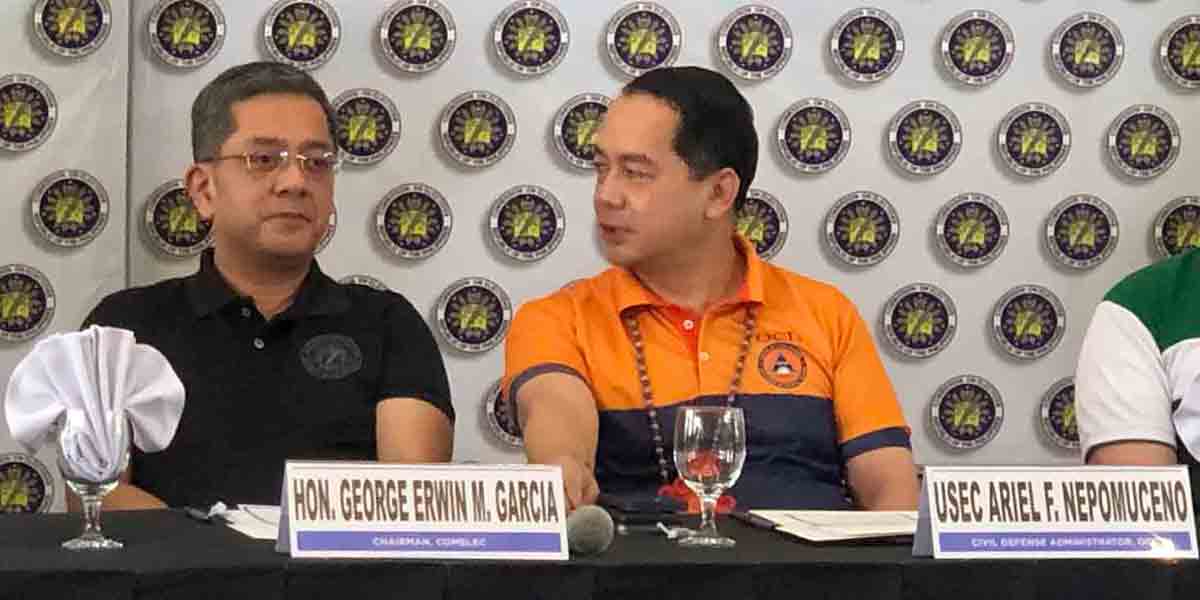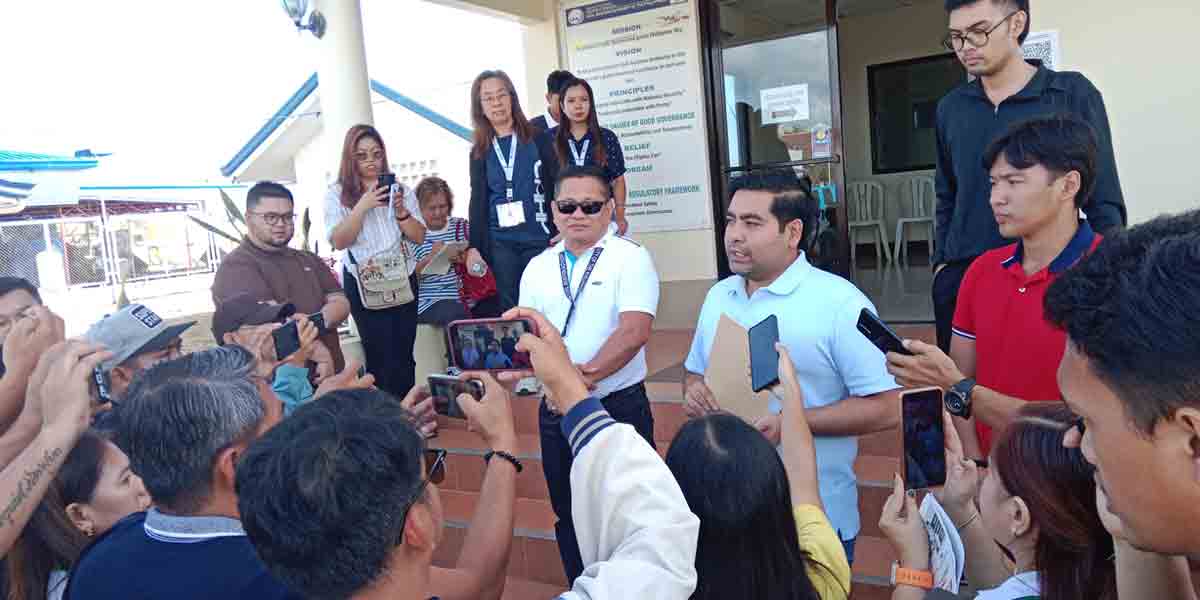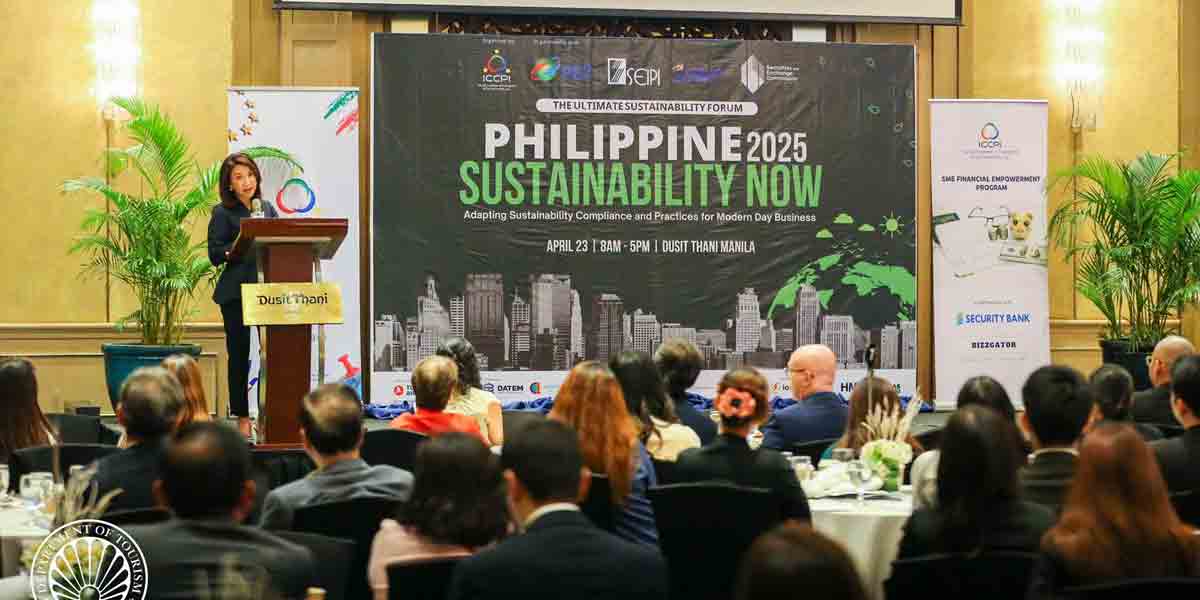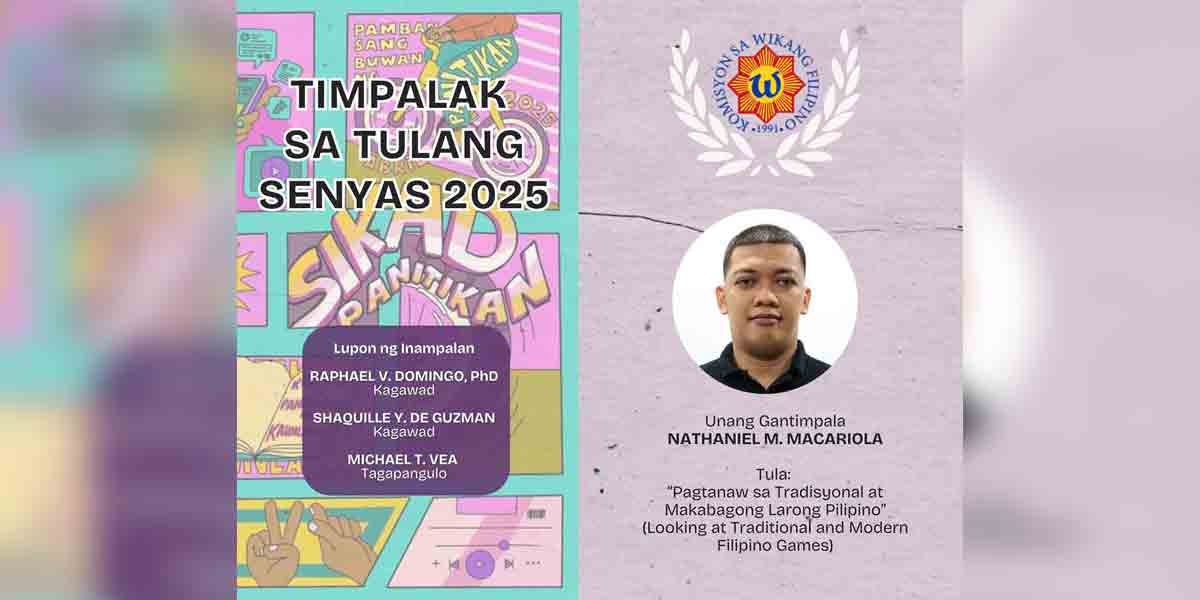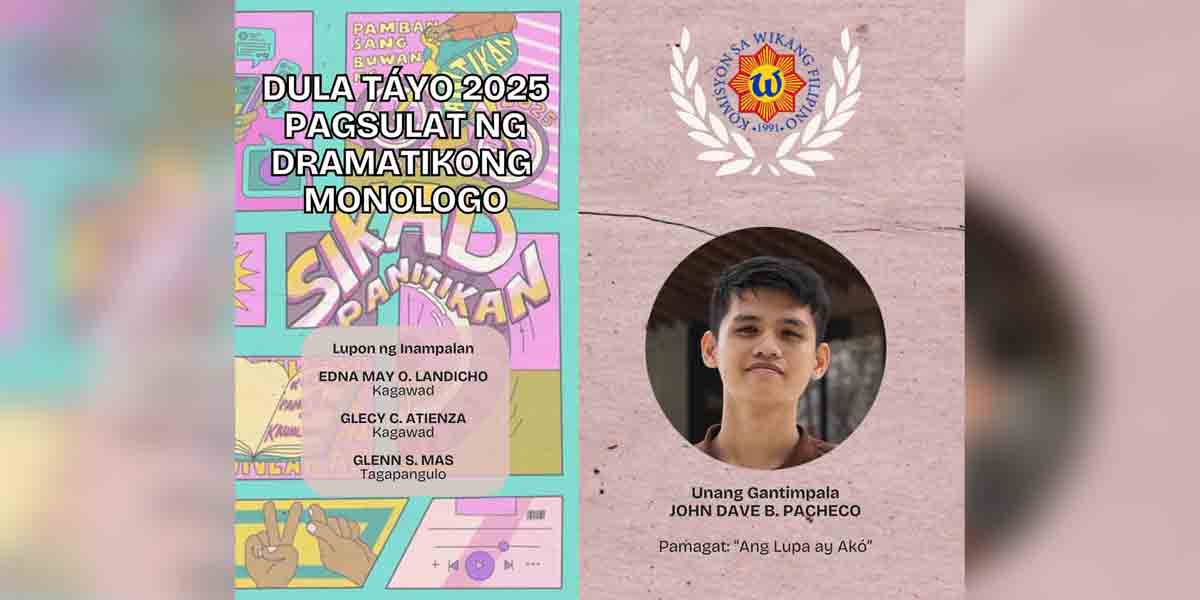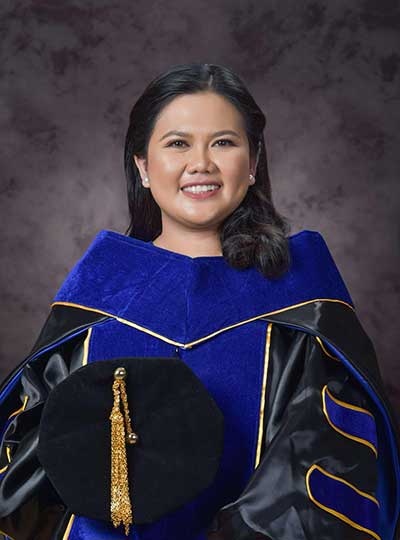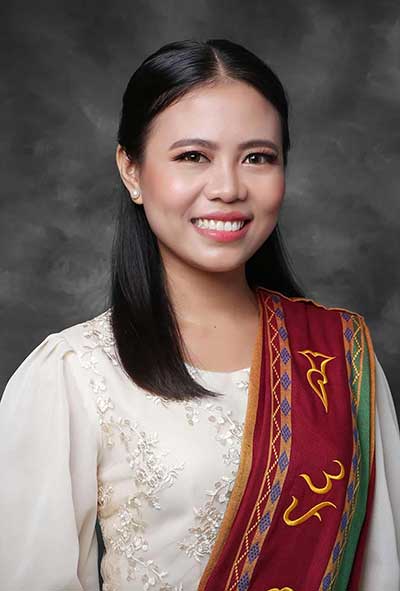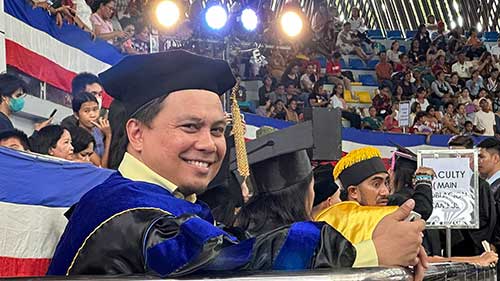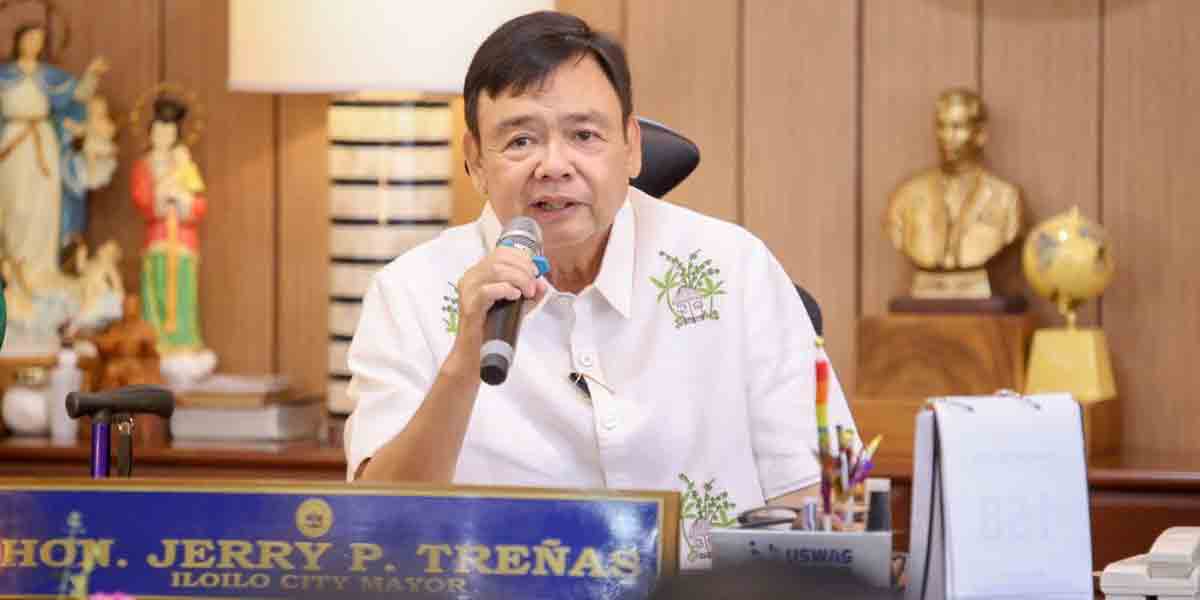By Herman M. Lagon
Three distinguished educators—Dr. Matthew Lasap, Prof. Glysa Marie Regidor and Dr. Jeena Amoto—have joined the faculty of Iloilo State University of Fisheries Science and Technology (ISUFST), bringing fresh expertise and renewed energy to its academic community.
All three are summa cum laude graduates of West Visayas State University (WVSU), a nationally recognized Center of Excellence in education.
Their addition underscores ISUFST’s commitment to academic excellence, innovation and student success in science, technology and education.
With doctorates and diverse professional backgrounds, the new faculty members are aligned with ISUFST’s vision of becoming one of Southeast Asia’s premier research universities by 2030.
“Welcoming these exceptional educators to ISUFST is not just a milestone for the university but a testament to our commitment to quality education and transformative leadership,” said University President Dr. Nordy Siason Jr.
Dr. Matthew Lasap: The Veteran Innovator
Known as “Sir Math,” Dr. Lasap joined ISUFST in early 2023 and now serves as dean of the College of Education at the Tiwi site.
He brings nearly two decades of experience, including his role as associate principal of Ateneo de Iloilo Senior High School.
A DOST scholar and summa cum laude graduate of WVSU in 2009, Dr. Lasap was honored with the Best Dissertation Award and recognized nationally for his leadership in education.
“Education is not just about teaching facts—it is about shaping individuals who think not just critically but also strategically, act with compassion and lead with integrity,” he said.
He applies the Ignatian Pedagogical Paradigm to help students see mathematics as more than numbers—presenting it as a tool for understanding life and making informed choices.
Dr. Lasap also integrates technology and real-life problems into his lessons to make math engaging and relevant.
“Education isn’t just a career—it’s my calling,” he added. “My mission is to break the cycle of ineffective teaching and empower educators to form students holistically.”
Prof. Glysa Marie Regidor: Language with Global Insight
Prof. Regidor joined ISUFST in mid-2024 with a strong background in English education and international exposure.
A 2015 summa cum laude graduate of WVSU, she taught in Japan through the Japan Exchange and Teaching (JET) Program and represented the Philippines in the Australia-ASEAN BRIDGE School Partnership Projects.
“When ISUFST came into the picture, I knew that I was being called to my next school, where I would be happy to serve,” she said.
Prof. Regidor believes language is a powerful tool.
“English is a bridge—it connects, opens doors and creates opportunities,” she said, encouraging students to use the language actively and meaningfully.
Her global experience emphasized cultural sensitivity and inclusive education.
“At ISUFST, I will strive to create learning environments where every student feels seen and empowered,” she added.
“Do your best not for recognition but for your own growth,” she advises her students. “Success will follow when your efforts align with your purpose.”
Dr. Jeena Amoto: Mathematics for Empowerment
Dr. Amoto joined ISUFST at the end of 2024 with a PhD in Science Education (Mathematics) and a mission to use math as a force for good.
A summa cum laude graduate of WVSU in 2015, she was honored with the Best PhD Paper Award from DOST and a national commendation from CHED.
“Math is more than numbers,” she said. “Mathematics is not neutral. It is political. It’s a tool for solving problems and addressing inequalities in our communities.”
She believes in teaching with empathy and responsibility, blending academic rigor with social awareness.
“Teaching at the grassroots level taught me to value the realities my students face,” she said, referencing her work at Iloilo National High School and UP Visayas.
“At ISUFST, I hope to prepare future educators to approach challenges with empathy and innovation.”
She urges her students to apply mathematics to real-world issues.
“I want ISUFST students to graduate as empowered citizens ready to be part of the solution to the nation’s problems,” she said.
A Shared Mission for Transformation
Together, Dr. Lasap, Prof. Regidor and Dr. Amoto reflect ISUFST’s ideals—fostering empowered students, advancing research and forming leaders.
“Each of us brings something unique to the table, but a common goal unites us: to uplift education and create lasting change,” said Dr. Lasap.
“ISUFST is more than an academic institution—it’s a community where educators and students grow together,” added Prof. Regidor.
“By empowering our students, we are investing in a better future—not just for ISUFST but for the nation as a whole,” said Dr. Amoto.
Their passion and purpose inspire the next generation of learners and educators.
Their advice to students echoes this vision:
“Trust the process. Education is about becoming, not just achieving,” said Dr. Lasap.
“Align your efforts with your purpose and trust God’s plan,” said Prof. Regidor.
“Use your knowledge to serve others. Education is a powerful tool for empowerment and change,” said Dr. Amoto.
Building a Stronger Future at ISUFST
Their arrival, alongside a growing roster of veteran and new educators, marks a new era of excellence, collaboration and innovation at ISUFST.
“With leaders like Dr. Lasap, Prof. Regidor and Dr. Amoto, among many others, ISUFST is not just preparing students for today’s challenges but equipping them to shape a brighter tomorrow,” said Dr. Siason.
Founded in 1957, ISUFST is the country’s first and only fisheries university.
With five campuses, it offers programs in fisheries, marine biology, education, technology, agriculture and business.
It has been a CHED Center of Development in Fisheries for eight consecutive years, is ISO 9001:2015 certified, and AACCUP-accredited since 1998.
In 2024, ISUFST earned CHED Regional Quality Awards, including 100% COPC compliance, Model SIKAP implementation, and excellence in Indigenous Peoples education and internationalization.
Currently, the university offers 27 undergraduate and 16 graduate programs, serving 8,500 students with 280 faculty members—half of whom hold PhDs.


